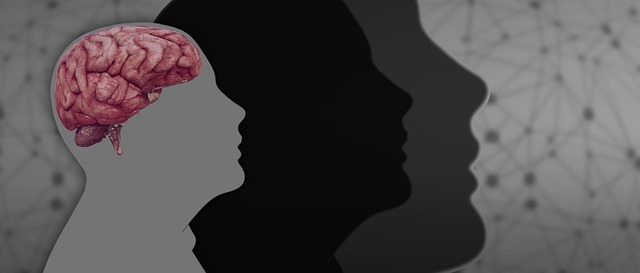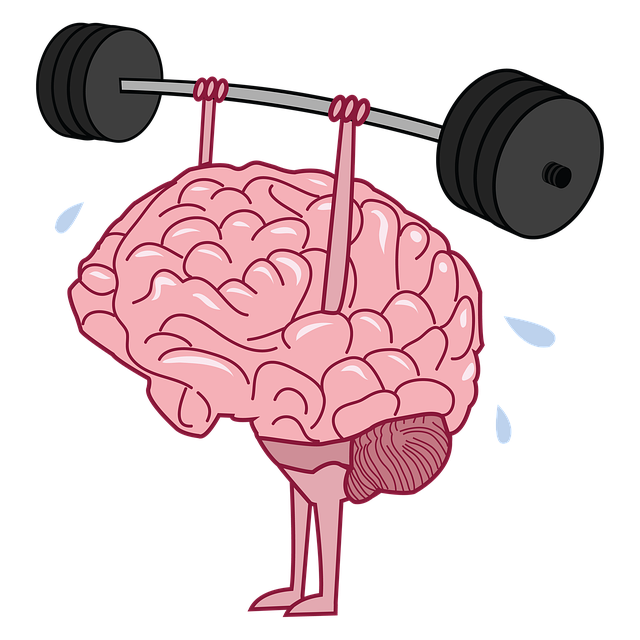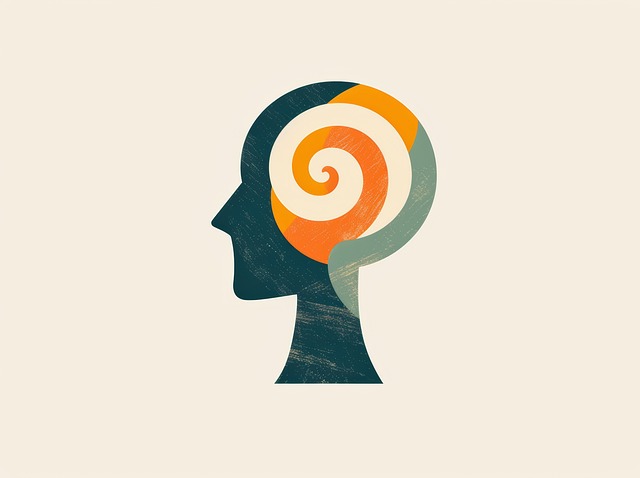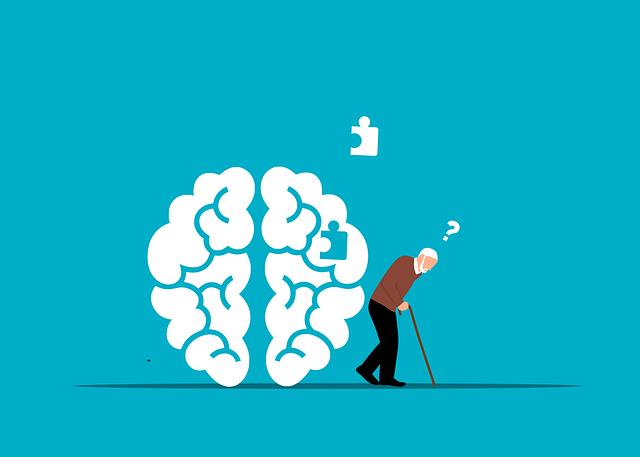Mental wellness promotion utilizes a holistic approach, emphasizing resilience and supportive environments. The integration of Littleton Exposure and Response Prevention Therapy (ERPT) effectively treats anxiety, PTSD, and phobias by combining gradual exposure with mindfulness techniques. ERPT empowers individuals to manage stress, enhance resilience, and adopt healthy coping mechanisms, benefiting both clients and healthcare providers at risk of burnout. Cultural sensitivity and mental wellness coaching programs further support long-term well-being through personalized guidance and inclusive practices.
Mental wellness promotion is a holistic approach that empowers individuals to thrive. This comprehensive article delves into various strategies for enhancing mental health, from understanding foundational concepts like Littleton Exposure and Response Prevention Therapy (ERPT), which harnesses mindfulness, to practical daily care routines building resilience.
We explore effective methods for managing challenges and emphasize the vital role of professional support in navigating one’s unique mental wellness journey.
- Understanding Mental Wellness Promotion: A Comprehensive Approach
- Littleton Exposure and Response Prevention Therapy: Unlocking the Power of Mindfulness
- Strategies for Daily Mental Health Care: Building Resilience
- Overcoming Challenges: Integrating Professional Support in Mental Wellness Journey
Understanding Mental Wellness Promotion: A Comprehensive Approach

Mental wellness promotion goes beyond occasional care; it’s a comprehensive approach that involves understanding and addressing the mind’s intricate landscape. At its core, this strategy recognizes that mental wellness is not merely the absence of disease but a state of emotional, psychological, and social well-being. It’s about empowering individuals to navigate life’s challenges with resilience, fostering environments that support growth, and implementing effective interventions when needed.
One such intervention gaining traction in promoting mental wellness is Littleton Exposure and Response Prevention Therapy (ERPT). This approach leverages the power of gradual exposure to fears or anxieties, combined with learning new responses, to help individuals overcome their mental health challenges. By combining evidence-based techniques with empathy building strategies and emotional intelligence, ERPT creates a nurturing environment that supports healing and growth. These methods not only alleviate symptoms but also equip individuals with valuable coping mechanisms for life.
Littleton Exposure and Response Prevention Therapy: Unlocking the Power of Mindfulness

In the realm of mental wellness promotion, Littleton Exposure and Response Prevention Therapy (LERP) stands out as a powerful tool. This innovative approach combines mindfulness techniques with gradual exposure to fears or traumatic memories, enabling individuals to confront and overcome their challenges. LERP is particularly effective for those dealing with anxiety disorders, post-traumatic stress disorder (PTSD), and phobias. By learning to manage responses to distressing stimuli, individuals can break free from avoidance behaviors that often fuel anxiety and prevent recovery.
Integrating LERP into burnout prevention strategies for healthcare providers is a game-changer. In the high-pressure environment of mental health professions, self-care practices are paramount. Risk management planning becomes more than just a checklist; it’s a proactive measure to safeguard mental health professionals from emotional exhaustion. By employing LERP techniques, professionals can enhance their resilience, improve coping strategies, and better serve their clients, ultimately contributing to effective risk mitigation in their practice.
Strategies for Daily Mental Health Care: Building Resilience

Promoting mental wellness involves incorporating strategies that build resilience and foster a positive mindset. One effective approach is Littleton Exposure and Response Prevention Therapy (ERPT), which focuses on gradually exposing individuals to anxiety-provoking situations, helping them confront and manage their responses. This therapy has shown significant promise in treating various mental health conditions, including depression prevention.
Cultural sensitivity in mental healthcare practice is another key aspect of building resilience. Recognizing and understanding diverse cultural beliefs and practices can create a more inclusive environment, encouraging individuals from all backgrounds to seek support. Additionally, the development of mental wellness coaching programs can provide ongoing guidance and accountability, supporting individuals in adopting healthy habits and coping mechanisms that contribute to long-term mental health and well-being.
Overcoming Challenges: Integrating Professional Support in Mental Wellness Journey

Overcoming challenges is a vital part of any mental wellness journey. For individuals seeking to enhance their psychological resilience, integrating professional support can be transformative. Therapies like Littleton Exposure and Response Prevention (ERT) offer effective approaches to managing anxiety, phobias, and trauma. This evidence-based method helps individuals confront and overcome fears by gradually exposing them to triggers in a safe and controlled environment, thereby fostering coping mechanisms and building resilience.
In the context of burnout prevention strategies for healthcare providers, self-care practices, and self-awareness exercises are equally crucial. Combining professional therapy with personal self-care routines can create a holistic approach to mental wellness. This includes adopting healthy habits like regular exercise, mindfulness meditation, and maintaining a balanced diet—all of which contribute to a calmer mind and improved emotional well-being.
Mental wellness promotion is a holistic process that involves understanding, prevention, and professional support. By integrating strategies like Littleton Exposure and Response Prevention Therapy with daily mental health care, individuals can build resilience and overcome challenges. This comprehensive approach ensures a vibrant and balanced life, emphasizing the importance of mindfulness in navigating life’s complexities.














